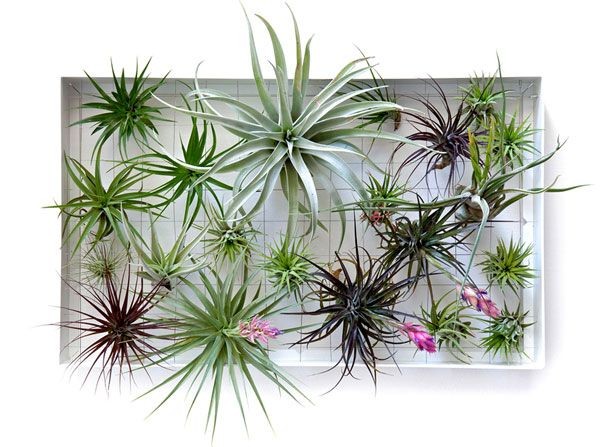It’s 2022, and one of our resolutions should be leading a more sustainable and green lifestyle – which means it’s time for a house upgrade! Here are five additions and alterations ideas for a green home that you can utilize for your house this year to live that eco-friendly lifestyle!
When dealing with construction around the home, look to professional contractors that can do your renovation works properly and eco-friendly as well. Less construction mess and the use of sustainable materials makes for a fully clean and green renovation for your home! Start your project right with Colebuild at https://www.colebuild.sg/
1. Cozy Garden Corner
A cozy garden corner is the perfect addition for any homeowner with a green thumb! Prepare a delegated space in your home for all your plants, and add in some cozy bean bag chairs, rugs, and a bookcase for you to relax around in a nature-inspired space.
Keep your garden low maintenance with automatic humidity control, skylight windows for light adjustment, and low maintenance plants! Add a shaded canopy for comfortable book reading even during hot summer days, or do yoga under the shade of large plants for a nature-inspired workout at any time of the year!
2. Breeze Block Partitions
Breeze blocks, called so because they allow airflow to easily pass through their lace-like design, make perfect partitions for homes as they provide better ventilation and air circulation, while keeping your privacy to some degree. These blocks can be used in place of solid room partitions, especially in small quarters like condominium units.
Your space will feel lighter, bigger, and cooler even without the use of energy-guzzling air conditioners. When strategically placed, breeze block partitions can also channel the natural breeze from open windows around your home for a cooling effect!
3. Solar Panel Power
Solar panels are great for those areas where a lot of sunlight can reach the roof of your home. Solar panels can provide you with some energy, cutting the costs of your electrical bills while powering up your home appliances, lightbulbs, or even charge your phone or laptop.
Solar panels can also power up your water purification system, air conditioner, and other home systems while utilizing the natural and renewable energy from sunlight. For areas that get more wind than sun, a wind turbine can provide the same energy, but may be less accessible to residential units.
For any form of renewable energy source, you may need to have professional contractors to assess, install, and maintain your solar panels or wind turbines as these need to be properly connected to your electrical system to function well.
4. Compost Bins
Maintaining compost bins is a terrific and easy way to lessen your kitchen waste! Scraps from vegetables, fruits, and other organic matter can be placed into compost bins instead of the landfill – effectively growing your own fertilizer for gardens and potted plants!
There are complete compost bin sets available online, but you can make some out of large, plastic storage boxes with small air holes, some old newspaper, and a handful of earthworms! Don’t be concerned over the small colony of your worms, as they tend to increase in population as long as they are given ample food and moisture.
5. Rainwater Purification System
Water is a valuable resource – it is essential for all living things from humans to animals, and even plants and insects. However, fresh water is a scarce resource as the majority of the earth’s water is in seas and oceans. There is one freshwater source that is untapped by residential areas: rainwater!
Rainwater is typically collected by water purification companies, but residential homes can install a rainwater collection system for their own uses as well! This will require some extensive construction to add the water purification system to the home, but you’ll be able to get sustainable and potable water while lessening the costs of your water bills.
Alternatively, you can collect rainwater and purify them enough for use for your plants and garden. Simply take the collected rainwater, and decant any large debris. Boil the water to remove any plant pathogens, and let cool before watering your plants with the rainwater.
Article Submitted By Community Writer




